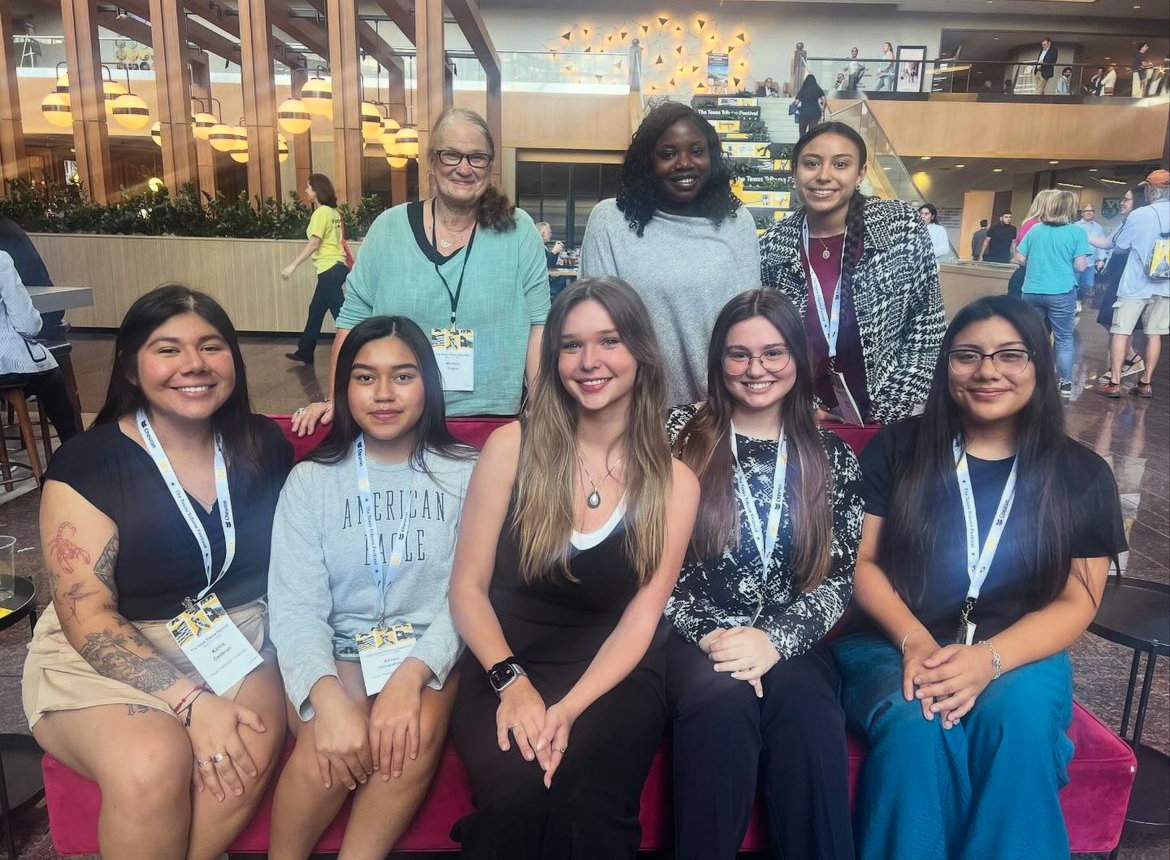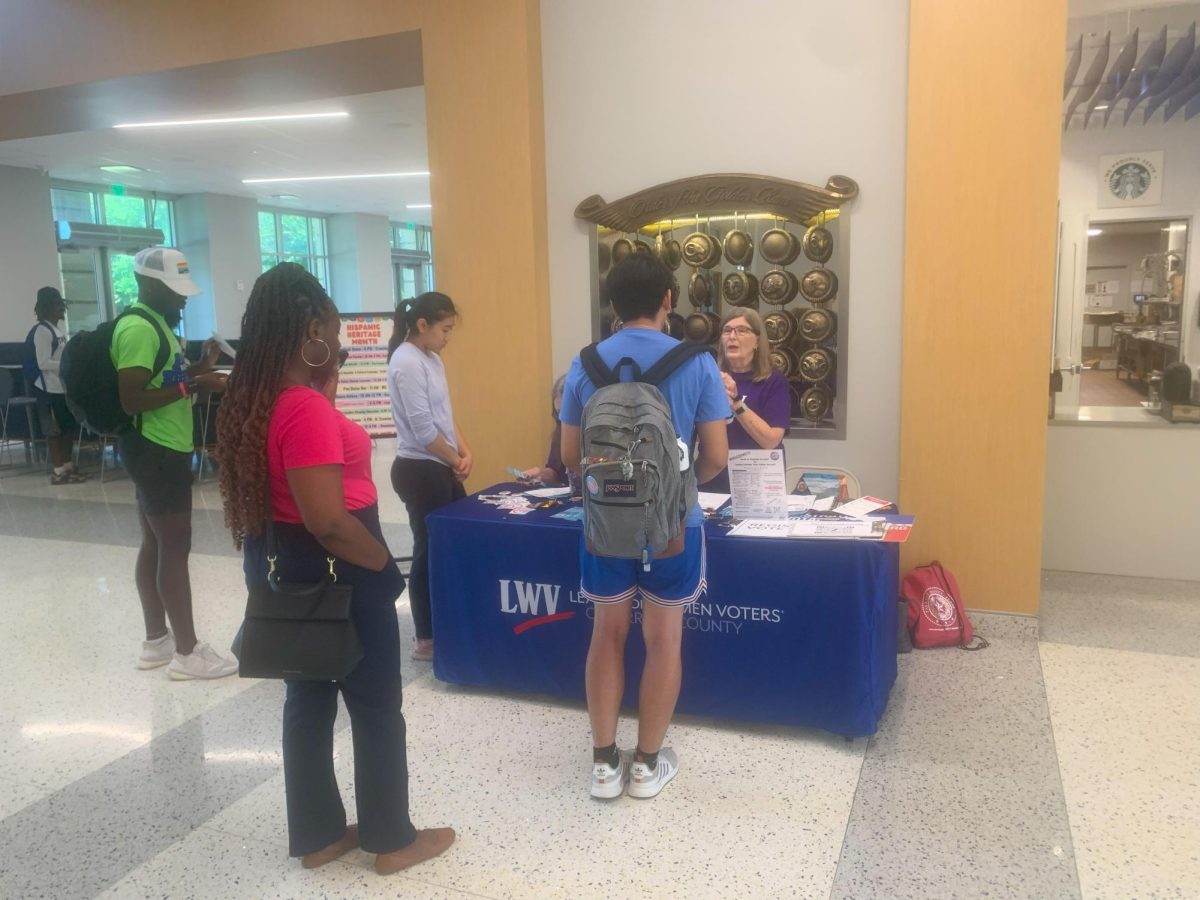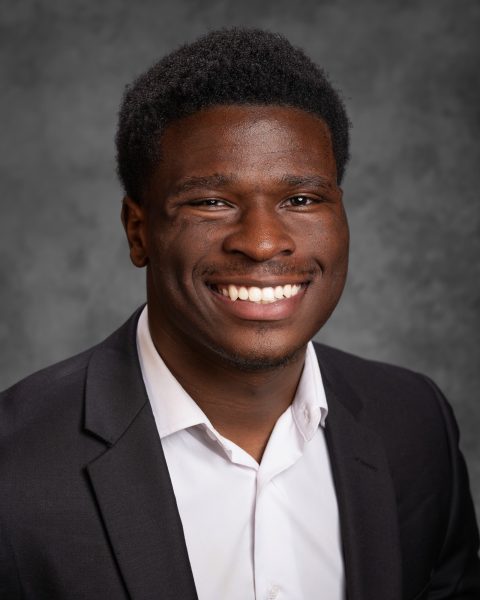The results of the 2024 presidential election will have huge consequences for college students nationwide. With the stakes so high, voting is imperative.
The Power Vested in Us
The last two decades have seen a historic increase in voting among college students that culminated in 66% of college students voting in the 2020 election. With 44,000 votes in key swing states effectively deciding the 2020 election, it’s undoubted that the roughly 18 million US college students will have a say in the upcoming election.
The college student vote will be influential across all levels of the 2024 election. In Texas, only 600,000 votes separated Joe Biden and Donald Trump, the second closest margin in the last 25 years. Once again, the 1.5 million college students in Texas are poised to have their say in 2024. Even at the local level, students will be a key constituency; 1,826 votes separated Joe Biden and Donald Trump in Tarrant County, the 2,500+ students at TXWES can expect to be key determinants. In the upcoming election between former President Donald Trump and Vice-President Kamala Harris, college students have the chance to choose their own destiny.
Through a comparison of their proposed platforms and enacted policies—during their terms as president, vice president and senator respectively—we at the Rambler hope to evaluate which of the two presidential candidates are most deserving of the college vote.
The Key Issues
Issue #1: Student Loan Debt
Possibly the most pertinent election policy for college students, student loan debt is on the ballot on Nov. 5.
Harris: VicePresident Harris’ website states “[She will] continue working to end the unreasonable burden of student loan debt and fight to make higher education more affordable.” While the messaging remains optimistic, her tenure as vice president signals hope and casts doubt in equal measure.
Throughout her vice presidency, Harris has worked alongside President Biden to provide student loan forgiveness and debt relief through programs such as Saving on a Valuable Education (SAVE) and the Public Service Loan Forgiveness (PSLF). While relief has been provided—with $168.5 billion in debt relieved for 4.76 million Americans—the administration has fallen short of their initial promises due to resistance from the Supreme Court. The very same Supreme Court which Harris will have to contend with should she be elected president.
Trump: Thus far, Former President Donald Trump has been in staunch opposition of student loan forgiveness. In a June 2023 speech, Trump described the Biden-Harris administration’s student loan forgiveness efforts as “very, very unfair to the millions and millions of people who have paid their debt through hard work.”
Though Trump did waive interest on all federal student loans at the end of his presidency, this was ultimately an effort to ease the financial burden of the COVID-19 pandemic rather than an indicator of his future policy position. In fact, as president, Trump attempted to weaken and even dissolve student loan forgiveness programs such as the PSLF, a more emblematic signal for things to come should he be reelected.
Issue # 2: Financial Aid
Yet another policy position which could have huge consequences on how students pay for college is financial aid. The two candidate’s respective tenures as president and vice president paint a stark contrast in their prospective plans.
Harris: The Biden-Harris administration has increased funding to the Office of Federal Student Aid and the Department of Education as a whole. These augments have included an increase of the maximum Pell Grant award and further funding for other needs-based grants and scholarships.
In her past as a senator, Harris has supported plans to make community college free and to make 4-year universities free for lower-income families. However, proposals like these have seldom been promoted during Harris’ campaigning. An example of Harris’ rightward shift on various policy positions since her presidential candidacy and a reality which may concern voters most endeared by her progressive education policies.
Trump: Throughout his presidency, Trump made efforts to cut funding for several financial aid programs—most notably the Federal Work Study program, the Pell Grant program and the Federal Supplemental Educational Opportunity Grant programs. Though many of these efforts were unsuccessful, the advent of a conservative Supreme Court could see Trump emboldened the second time around.
Looking to his possible reelection, Trump has vowed throughout his campaign to abolish the Department of Education—the largest provider of student financial aid in the country.
Issue #3: Immigration & Student Visas
Among the most hotly contested issues of the 2024 election, immigration policy will dictate the makeup of classrooms across the country. With 9% of TxWes students being international, plenty is at stake in November.
The last Trump presidency saw obstacles added for international students studying in the U.S. With his immigration rhetoric only growing more aggressive, restrictions threaten to tighten. Furthermore, with Harris coopting right-wing talking points on immigration, she doesn’t pose the alternative you’d expect from Democrats.
Harris: The latest policy positions by the Harris campaign have seen her abandon previous Democrat talking points for more right-wing, nativist immigration policy. Talk of “securing our borders” has been a consistent feature of her rhetoric. Although explicit references towards regulations involving international students and their visa statuses have been sparse, signs point to more restrictive regulations that may mirror the Trump campaign.
Trump: During his first presidency, Trump proposed regulations which would increase restrictions on international students and the conditions of their visas. These attempted changes came under the pretense of a supposed national security threat and possible ‘espionage’ by international students. The regulation would have amended the admission period of international student visas from ‘during of status’ to a fixed admission period. This change would give international students a strict period to complete their degrees; those looking to extend their visas would undergo screening and vetting by ICE.
While the proposal was withdrawn by the Biden-Harris administration following the end of Trump’s presidency, representatives of the Trump campaign have indicated that these restrictions would be revisited under a second Trump presidency. The America First Policy Institute, a think tank founded to promote Trump’s public policy agenda has outlined even further regulations that he would hope to pass. The regulations include: prohibiting students from taking classes or getting degrees in fields that ‘raise national security concerns’; requiring international students to post a ‘financial bond’ as insurance that they do not overstay their visa; a termination of the Optional Practical Training work permit program.
Register, Rally & Represent
Upon comparison of the two presidential platforms vying for office in November, we at the Rambler hope that you come away equipped with the information to confidently vote for the candidate which best represents your interests as a college student. If the last year of student protests have taught us anything, it’s that a politically educated and engaged student population is a potent weapon for change.
Students looking to get registered to vote may do so on Monday, Oct. 7 in the first floor of the Martin Center, as well as the West Library from noon to 2 p.m.









![Pippin, played by Hunter Heart, leads a musical number in the second act of the musical. [Photo courtesy Kris Ikejiri]](https://therambler.org/wp-content/uploads/2025/04/Pippin-Review-1200x800.jpg)
![Harriet and Warren, played by Trinity Chenault and Trent Cole, embrace in a hug [Photo courtesy Lauren Hunt]](https://therambler.org/wp-content/uploads/2025/02/lettersfromthelibrary_01-1200x800.jpg)
![Samantha Barragan celebrates following victory in a bout. [Photo courtesy Tu Pha]](https://therambler.org/wp-content/uploads/2025/05/20250504_164435000_iOS-834x1200.jpg)





![Hunter Heart (center), the play's lead, rehearses a scene alongside other student actors. [Photo courtesy Jacob Sanchez]](https://therambler.org/wp-content/uploads/2025/04/thumbnail_IMG_8412-1200x816.jpg)
![Student actors rehearse for Pippin, Theatre Wesleyan's upcoming musical. [Photo courtesy Jacob Rivera-Sanchez]](https://therambler.org/wp-content/uploads/2025/04/Pippin-Preview-1200x739.jpg)
![[Photo courtesy Brooklyn Rowe]](https://therambler.org/wp-content/uploads/2025/05/CMYK_Shaiza_4227-1080x1200.jpg)

![Lady Rams softball wraps up weekend against Nelson Lions with a victory [6 – 1]](https://therambler.org/wp-content/uploads/2025/04/Screenshot-2025-04-04-100924-1200x647.png)

















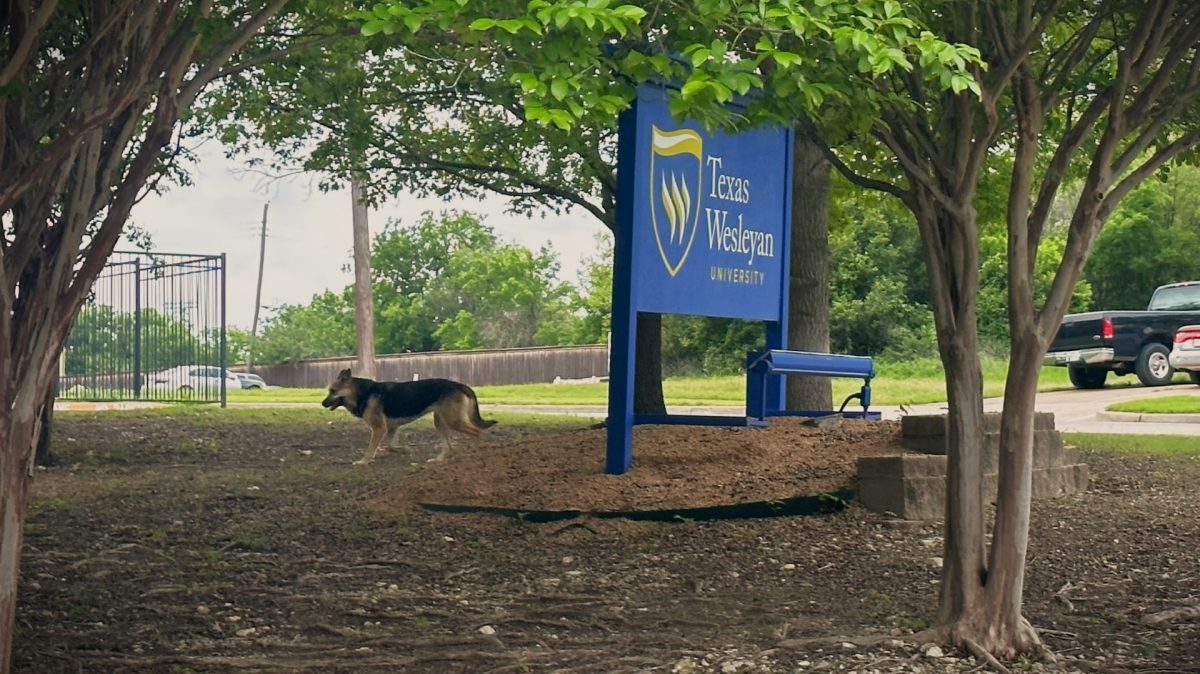
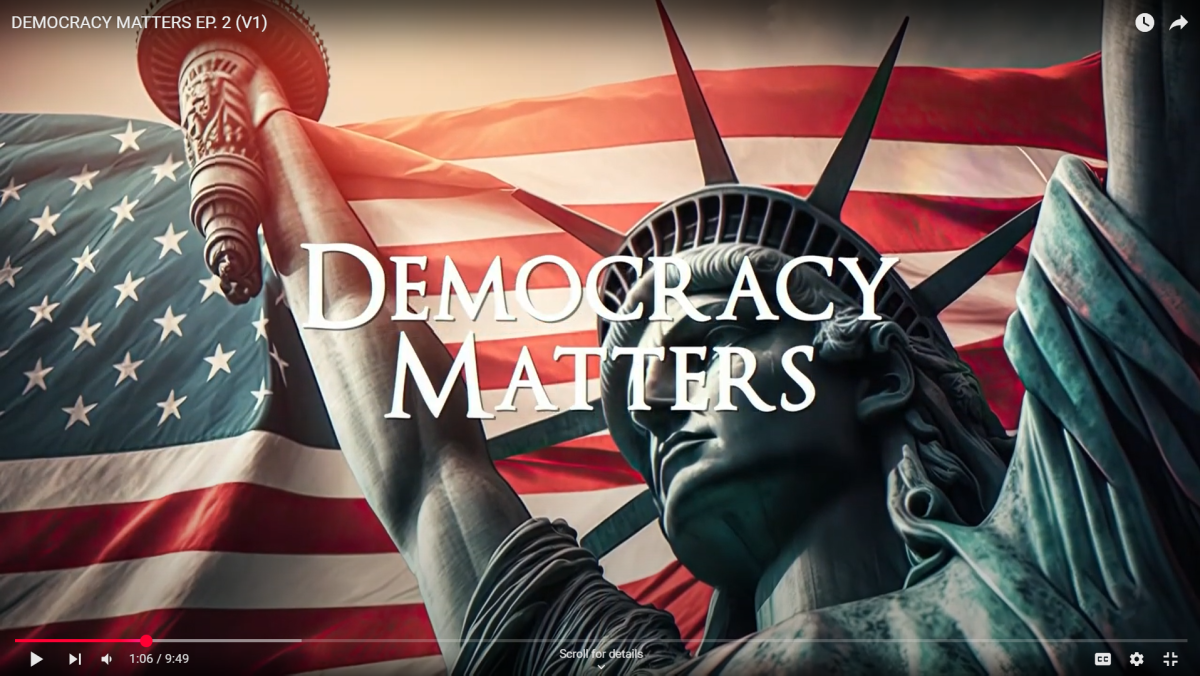
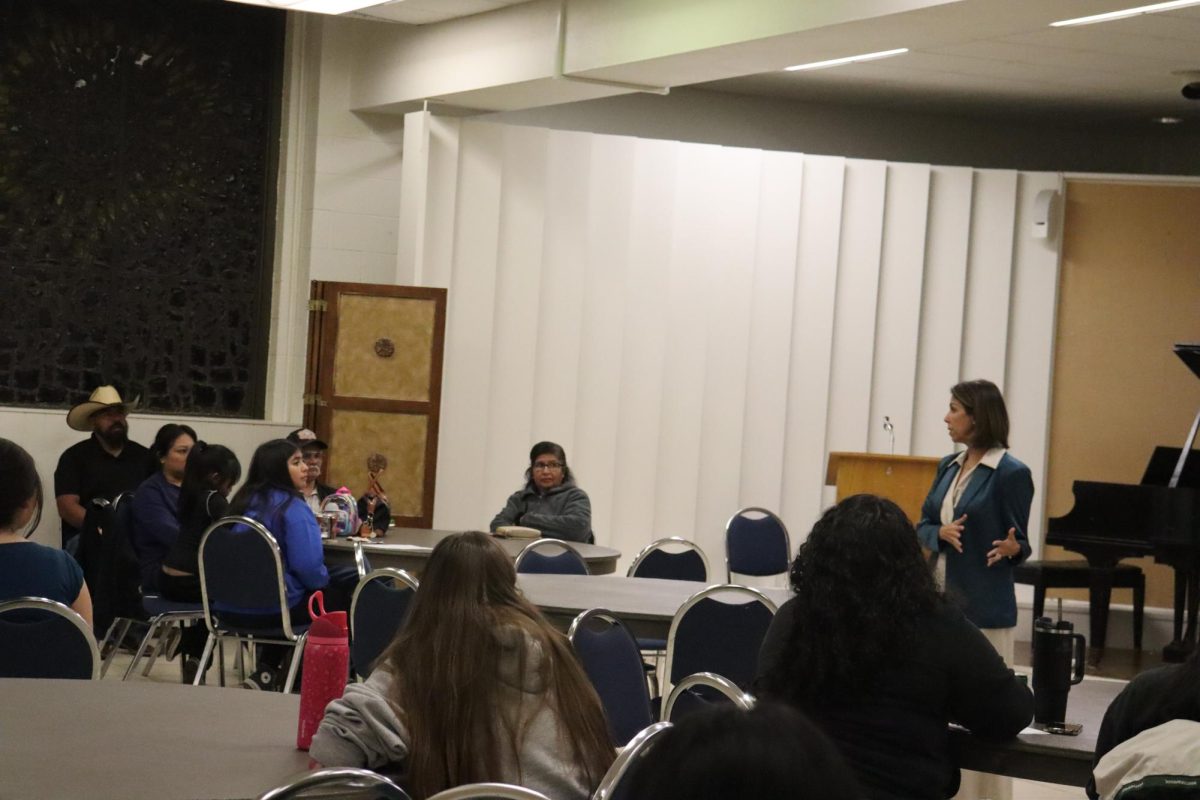
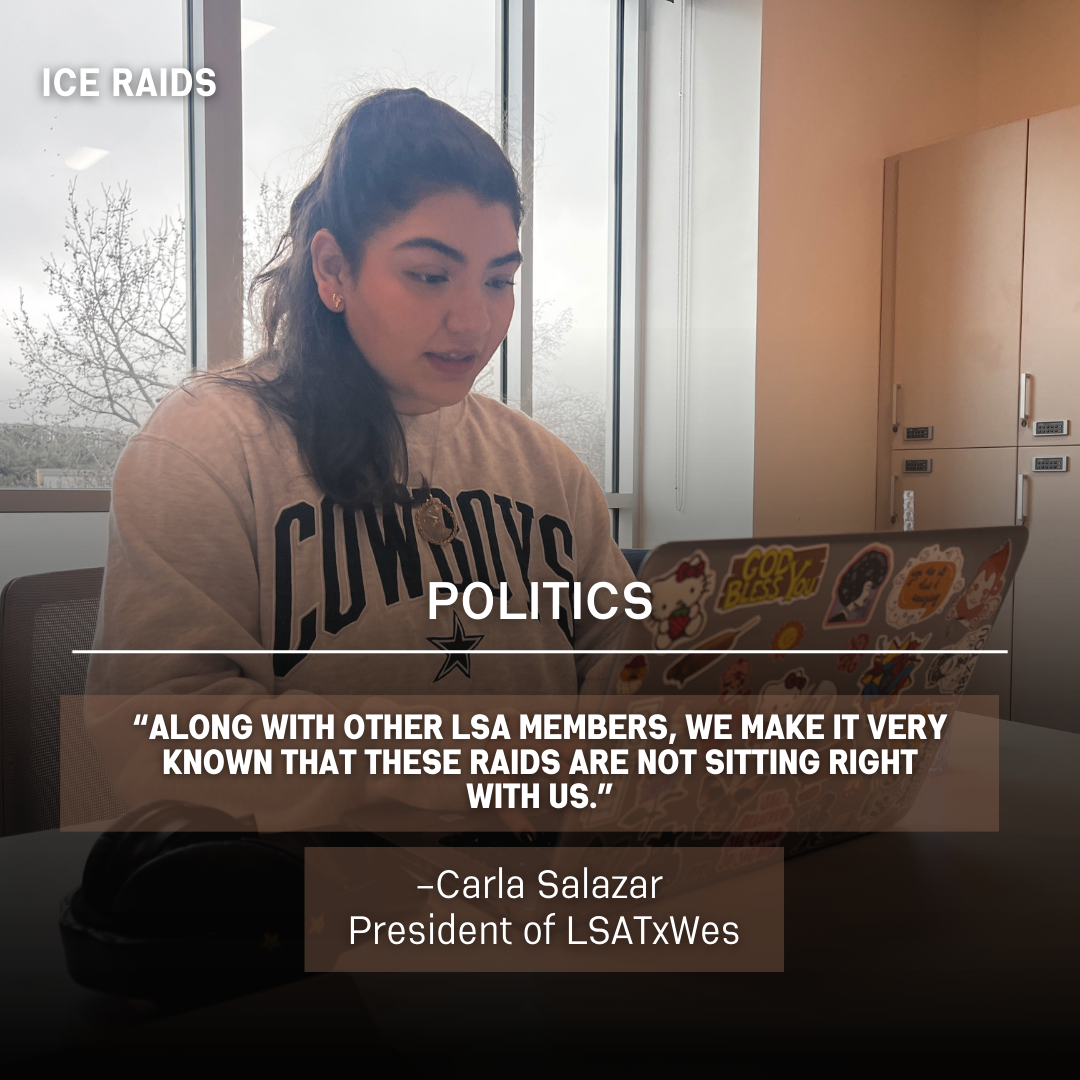
![[Graphic courtesy Latinx Student Association]](https://therambler.org/wp-content/uploads/2025/02/LSApreview.jpg)
